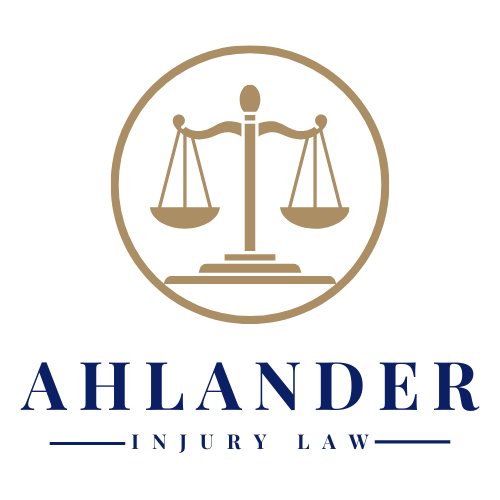The Types of Damages You Can Claim in a Personal Injury Lawsuit
Navigating the labyrinthine world of personal injury law can be a daunting task, especially when you’re already dealing with the emotional and physical toll of an accident or injury. At the core of this legal domain is the concept of damages, the compensation you may be entitled to receive for your suffering and losses. Damages in a personal injury lawsuit are categorized primarily into economic, non-economic, punitive, and nominal types. Understanding these can be instrumental in ensuring that you claim all that is duly yours and navigate the legal process with increased clarity.
Economic Damages
Economic damages are the backbone of most personal injury lawsuits because they are tangible and easily quantifiable. These damages cover the financial costs directly attributable to the injury, such as medical bills, which can range from immediate emergency care costs to long-term rehabilitation fees. Another significant component is lost wages, accounting for the income you were unable to earn while recovering from the injury. In instances where personal property is damaged as a result of the incident—say, a car accident—you can also claim these repair or replacement costs. Some injuries may result in long-term impairments that diminish your ability to earn in the future. These future economic losses, though trickier to quantify, can also be included in your claim.
Non-Economic Damages
Non-economic damages, while intangible, are no less real in their impact on a victim’s life. Pain and suffering are the most common forms of non-economic damages, capturing both the physical pain and the emotional and psychological distress endured. Emotional distress as a standalone category also exists, recognizing symptoms such as depression, anxiety, and sleep disorders resulting from the incident. Other forms of non-economic damages can be specific and nuanced. Loss of consortium, for instance, compensates for a deteriorated marital relationship due to the injury. Loss of enjoyment of life goes even broader, offering compensation for a reduced ability to enjoy daily activities, hobbies, or any other aspects of life that the injury has negatively affected.
Punitive Damages and Nominal Damages
Two other categories exist outside the compensatory framework. Punitive damages are not aimed at compensation but are designed to punish the wrongdoer and deter them and others from similar behavior. These are rarely awarded and usually only in cases of extreme negligence or malicious intent. Nominal damages serve more as a moral victory than a financial one, awarded when the defendant is found to be at fault, but the plaintiff didn’t incur significant losses or suffering.
Legal Considerations and Documentation
Regardless of the category, documenting your damages is crucial. Keeping meticulous records of medical bills, therapy sessions, and any other direct costs is vital for economic damages. Expert testimonies and psychological evaluations can be pivotal in proving non-economic damages. Also, it’s essential to consider state laws and limitations. Many jurisdictions impose caps on non-economic and punitive damages, which could limit your claim’s scope.
Having a comprehensive understanding of the types of damages available can greatly influence the outcome of a personal injury lawsuit. Being armed with this knowledge could make the difference between a settlement that only scratches the surface of your needs and one that truly compensates for your pain and losses. With this insight, you can collaborate more effectively with your legal counsel, making informed decisions that better your chances for a more favorable outcome.
If you’re navigating the complexities of a personal injury lawsuit and need expert guidance, don’t hesitate to reach out to our experienced legal team today . We’re here to help you understand your options for claiming damages and securing the compensation you rightfully deserve.
The post The Types of Damages You Can Claim in a Personal Injury Lawsuit appeared first on Ahlander Injury Law.





